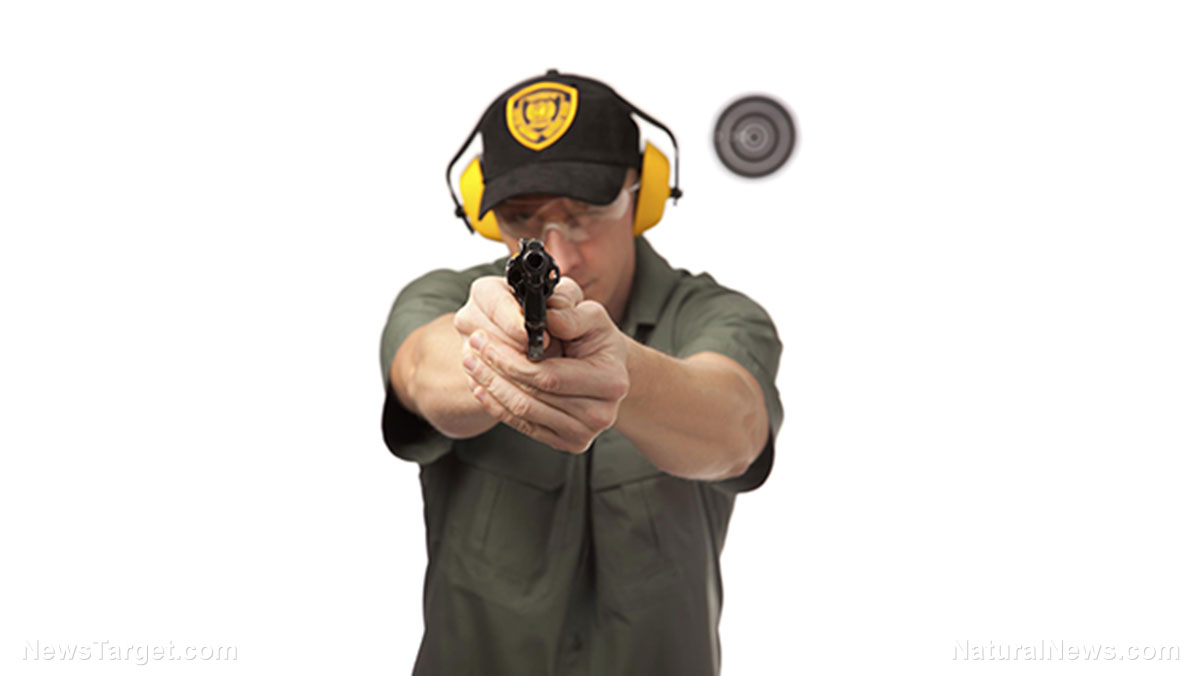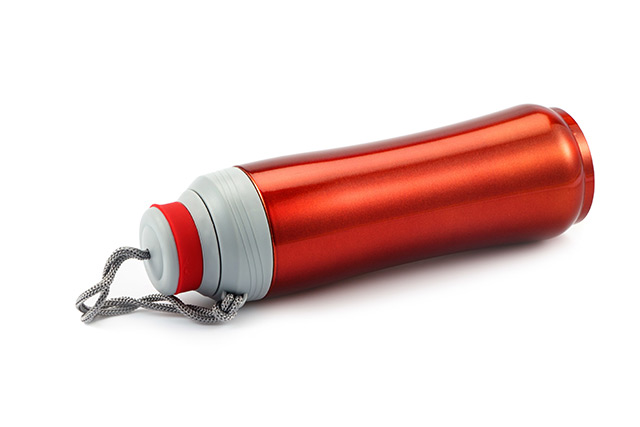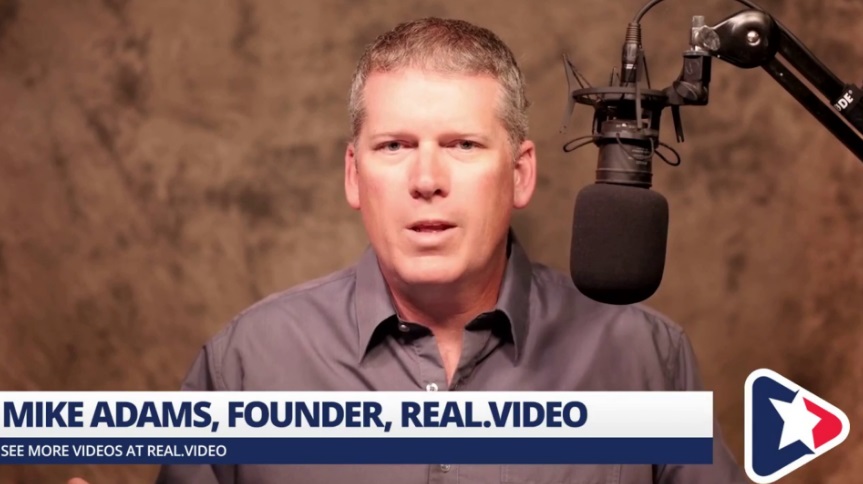Prepper 101: How to find the perfect stash spot on your property
06/12/2017 / By Isabelle Z.

If you’ve been collecting items for the sake of preparedness, you need to give some careful consideration to where you will store everything. You might have a basement full of tools, organic emergency survival food, and first aid kits, but this won’t do you much good if your home is destroyed in a fire or storm, for example.
In addition to everything you have stored in a safe, waterproof place in your house, an underground vault or cache point outside of your home, yet still nearby, can prove to be useful, particularly if you’re unable to enter your home for some reason. Of course, it’s also a good idea to have a stash in a third location, too. You always want to spread your supplies across a few hidden locations so you don’t lose everything should one site become compromised.
Experts recommend creating a small room below the frost line and away from the house. Precast concrete modules are available for this purpose, or you can make your own using materials like culvert pipe. According to Ready Nutrition, it needs to be covered by around six inches of dirt, which is enough to cover it but not so much that it becomes too difficult to access in winter. However, it’s not just the depth you need to get right; it’s also the physical location.
First of all, you shouldn’t tell anyone where you plan to keep your cache. If your neighbors are outside and might peer over the fence, it’s not a good time to go digging around your yard. Always be aware of your surroundings to avoid compromising your cache.
Finding the perfect location
You’ll want to choose a place that is as far from your house itself as possible. Your options will be limited by the size of your yard, of course, but try not to place it right up against your home. Every property is different, but here are some general ideas to help you get started.
The corner approach: Look to the four corners of your yard and areas immediately surrounding them for good hiding places. This helps you maximize the distance between your home and your cache. Of course, this also means you’ll be close to your property line, so be sure you set it up when onlookers are not nearby. Now might be a good time to add some privacy to the area if it’s not already fenced off or otherwise obscured.
Around the septic tank: An adjoining structure like a cubicle or concrete tube can be set in the ground next to a septic tank, and the joint can even be covered with some cement to give the illusion that the whole thing is one structure.
Underneath something unexpected: If you’ve got a decorative fountain, gazebo, large potted plants, or even a stone wall, this can serve as a great place to keep your stash because no one will notice the ground has been disturbed.
The running water trick: If you have a small stream on your property, consider temporarily diverting it, sinking your storage room underground, and then letting the stream return to its usual flow. If you go this route, you’ll want to make sure you place it deep enough that moisture won’t be an issue.
A word of caution
Your stash should be well-hidden for obvious reasons, but this is especially true if you plan to hide weapons there. You’ll want to take extra steps to ensure there is no way a curious child could stumble across it. You should also steer clear of buried utilities. Keep in mind that utility companies might one day need to dig around there if there’s an emergency. In both cases, burying your stash underneath a small concrete slab or sidewalk can be a good idea. You might need to dig down as well as sideways when it’s time for retrieval, but it’s less likely to be discovered accidentally.
Sources:



















